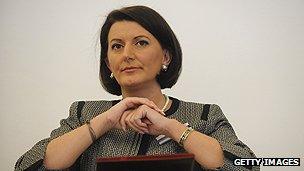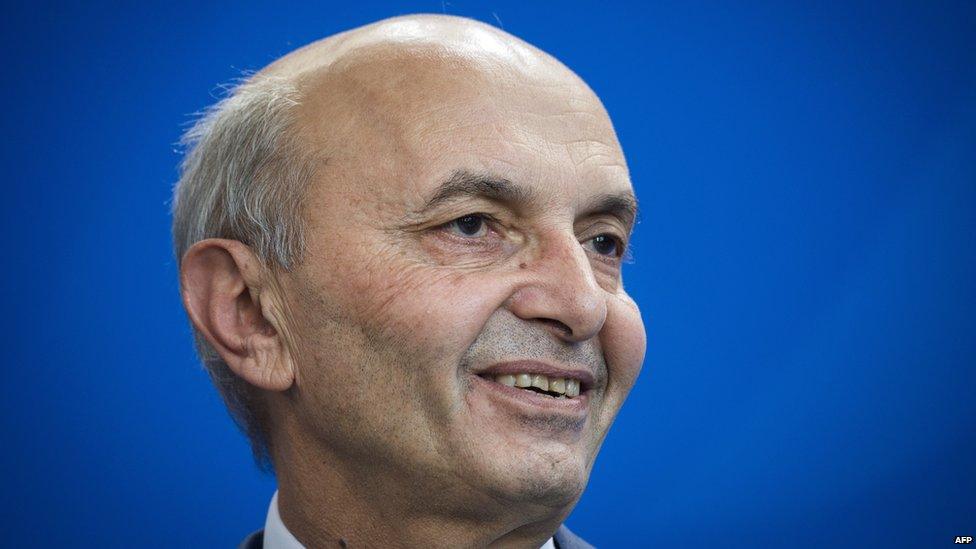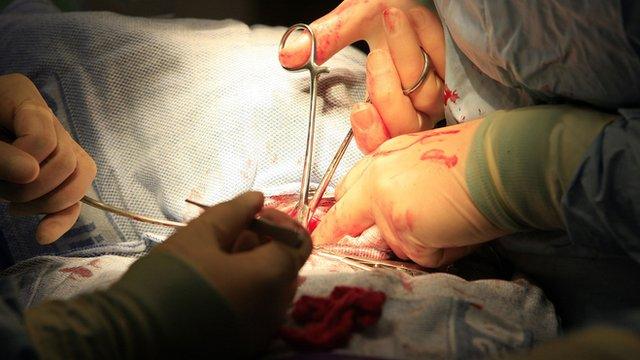Kosovo profile - Leaders
- Published
President: Atifete Jahjaga

President Jahjaga has worked as a senior police officer
Atifete Jahjaga, was elected Kosovo's first female president by parliament in April 2011, after her predecessor, the Swiss-Kosovan tycoon Behgjet Pacolli, stepped down only two months into his term after the constitutional court ruled his election unlawful.
Ms Jahjaga, a senior police officer, was chosen as an interim compromise candidate between the governing coalition and main opposition party until parliament reaches agreement on direct popular elections for the presidency.
The constitutional court had ruled that the February election was invalid as an opposition walkout had rendered parliament short of a quorum.
Prime minister: Isa Mustafa

A trained economist, Mr Mustafa has vowed to combat organised crime and corruption
Lawmakers elected veteran politician Isa Mustafa was elected to head a broad coalition government in November 2014, ending the six-month political deadlock gripping Kosovo since snap elections earlier in the year.
He replaced Hashim Thaci, the prominent former leader of the guerrilla campaign to break away from Serbia who had converted to mainstream politics.
Mr Thaci's Democratic Party of Kosovo (PDK) emerged as the largest party with 30% in the June 2014 poll, with Mr Mustafa's Democratic League of Kosovo (LDK) close behind on 25%.
Neither party was able to form a coalition without each other and finally agreed to team up in a join government, with some cabinet positions also going to minor parties.
Under the coalition deal, Mr Thaci continued in government as one of Mr Mustafa's deputies and foreign minister, before taking over as president of Kosovo in 2016.
A party representing the ethnic Serb minority was given another deputy prime ministerial post and two ministerial positions.
On taking office, Mr Mustafa pledged to fight corruption, organised crime and extremism, as well to focus on economic development.
Born in 1951, the trained economist became active in local politics in the 1980s. After Belgrade abolished Kosovo's autonomous government in 1990, he served as finance minister in the government-in-exile until the restoration of Kosovan autonomy in 1999.
He has since been mayor of the capital Pristina twice - 2008-13 and 2006-8.
- Published16 November 2012

- Published22 February 2011